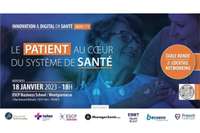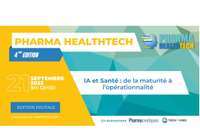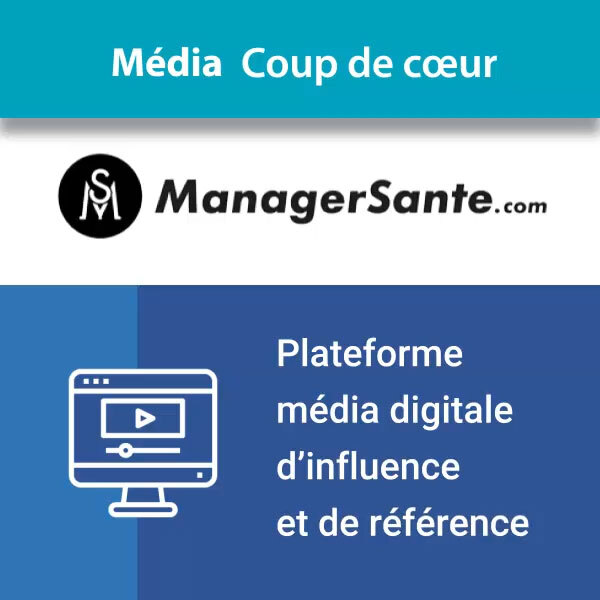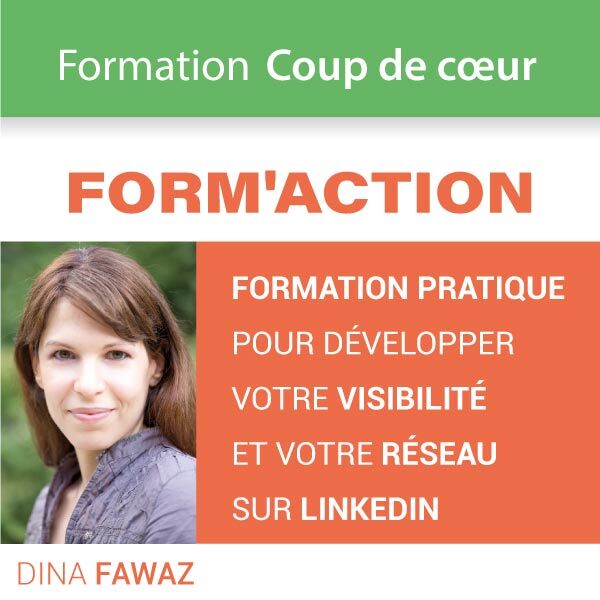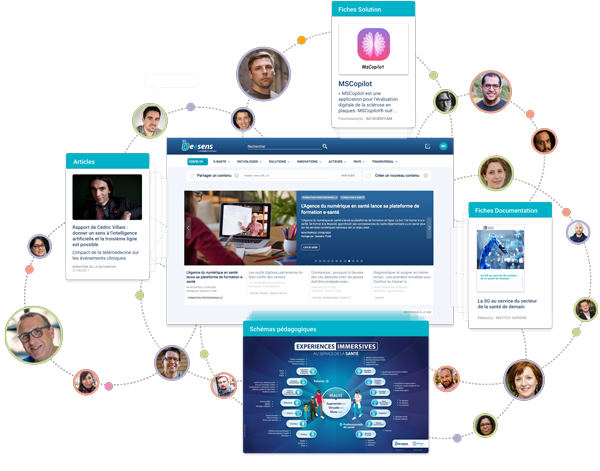"DURING THE COVID-19 pandemic, digital health technologies transformed the way that many of us received health care, supercharging the uptake of digital tools such as telehealth platforms, mobile symptom trackers, and remote monitoring. However, the whole-scale adoption and impact of digital health technology in national health systems around the world has still not yet fully materialized. A critical reason is that they often lack the necessary scientific evidence to back the range of benefits—from improved health outcomes for patients to better cost-benefit outcomes for payers such as insurance companies and health care providers—that its manufacturers claim they can deliver.
A recent study by healthtech seed fund Rock Health and Johns Hopkins University demonstrated the extent of the problem. The researchers reviewed the associated clinical trials, regulatory claims filings, and listed outcomes by 224 healthcare companies. Surprisingly, only 20 percent achieved the threshold considered acceptable for rigorously tested solutions. This situation, of course, represents a barrier in the uptake of new innovations in health care.
In 2023, we will see heightened scrutiny for the evidence required of digital health technologies and how that evidence is generated. This will be led by regulators and payors who will require increasing clarity on evidence for reimbursement. This is already happening in the UK, US, and Germany. Other countries will follow suit as a consensus is developed between leading bodies and experts.
Traditionally, new drugs and medical devices are tested and validated by rigorous randomized control trials. This methodology, however, is not always appropriate for digital health devices which have faster cycles of iteration and constant improvement. In 2023, we will instead see increasing acceptance of different ways of generating the necessary evidence, from clinical simulation trials using mock patient data to the use of real-world evidence generated in hospitals and medical centers..."
Lire la suite
Digital Health Tools Need a New Benchmark
WIRED, 26/12/2022
Partagé par :
Beesens TEAM







